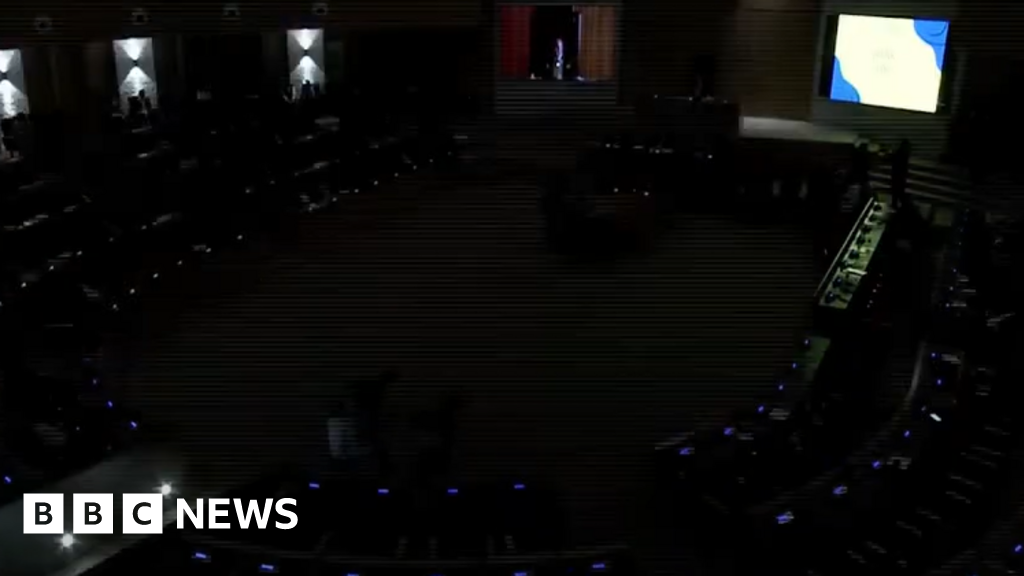The word ‘polarization', which became an integral part of the socio-political discourse in 2024, is also Merriam-Webster's Word of the Year. The concept, often heard in political debate and dialogue, has come to define the growing divisions in societies worldwide. But what exactly does it mean, and why has it become so significant this year?
What is ‘polarization'?
According to Merriam-Webster, ‘polarization' is defined as “division into two sharply distinct opposites; especially, a state in which the opinions, beliefs, or interests of a group or society no longer range along a continuum but become concentrated at opposing extremes.”
Peter Sokolowski, Merriam-Webster's editor at large, told AP, “Polarization means division, but it's a very specific kind of division. Polarization means that we are tending toward the extremes rather than toward the centre.”
In 2024, the concept resonated deeply, particularly in the context of the US presidential election, which left many feeling more divided than ever, according to AP. “The 2024 presidential election has left our country more polarized than ever,” noted MSNBC, while Fox News discussed how issues like immigration have intensified “voter polarization.”
While the term ‘polarization' is heavily associated with political divides today, it traces its roots in the physical world. According to Merriam-Webster, “Polarization, and the verb polarize, date back to the early 1800s when they first described light waves. That physical meaning of polarize — ‘to cause to vibrate in a definite pattern — led to the political and cultural meaning that helps define the world today.”
The word is derived from the Latin polaris, meaning the Earth's poles, and is also linked to the North Star, Polaris.
Significance of the 2024 Word of the Year
So, why did ‘polarization' stand out as Merriam-Webster's choice this year? According to Sokolowski, the term's increasing usage reflects a societal shift toward more pronounced divides. He described ‘polarization' as “a pretty young word” in the English language.
At a time marked by fake news, Sokolowski sees the dictionary as a stabilising force. He said, “It's always been important to me that the dictionary serves as a kind of neutral and objective arbiter of meaning for everybody. It's a kind of backstop for meaning in an era of fake news, alternative facts, whatever you want to say about the value of a word's meaning in the culture.”

 2 weeks ago
4
2 weeks ago
4










 English (US) ·
English (US) ·